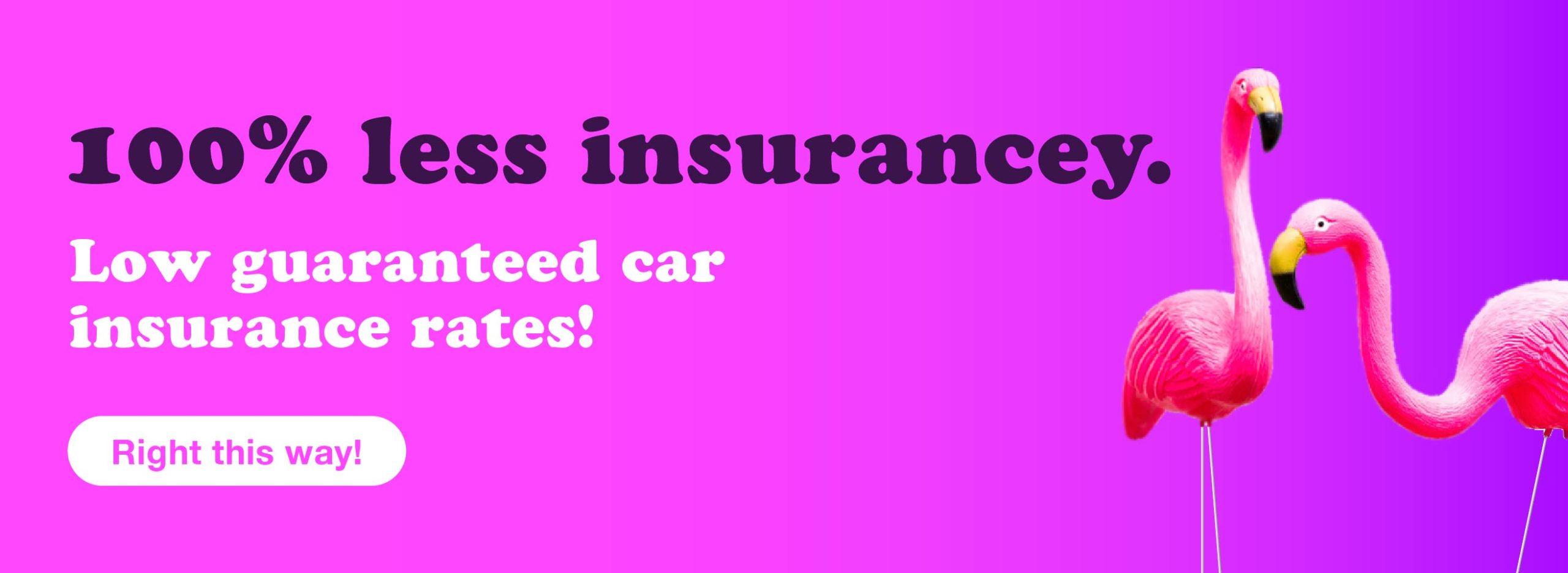Buying a car is an exciting experience. It can mean a lot of different things to different people. A new driver can see buying a car as freedom, while an experienced driver may see it as finally being able to purchase their dream car (or having to replace one you weren’t ready to part with).
One question to ask yourself is what vehicle size and class suits your lifestyle and budget (smart car, compact car, SUV, minivan, truck, and so on). Consider these 4 factors when thinking about buying a car and how much it will cost to insure on your car insurance policy.
Higher safety ratings mean lower insurance rates
There are several things that insurance companies look for when considering safety ratings, the most obvious being how well the vehicle protects you and your passengers. Vehicle size and class play important roles here because larger ones like SUVs and minivans have more vehicle to protect you and are built higher off the ground.
This makes it easier for you, the driver, to see any potential dangers and for other drivers to see you. While smaller, more compact vehicles may have decent safety ratings, physically they’re built with other features in mind like fitting into small parking lots or to have excellent gas mileage.
Insurers also look for safety features that are built into the vehicle, such as:
- Airbags.
- Blind spot warnings.
- Automatic emergency breaking.
- Anti-lock brakes.
- Winter driving handling.
- Lane departure warnings.
- Rear-view cameras.
- Safety exit assistance.
Car manufacturers come out with even better technology every year for their models that help assist drivers and keep them safe on the road.
Considering these features when buying a car will definitely help keep your insurance rate within budget. Looking into what the vehicle is designed for, whether that be with comfort in mind or horsepower, this will often give you a good idea of what the safety rating for that vehicle is. Always do your research on the car you’re interesting in so you know exactly what you’re getting with each car.
The cost of repairs will affect your car insurance
In the excitement of car shopping, one of the last things you’re thinking about is how much repairs will cost. Truth be told, this is key information when thinking about vehicle size and class.
If words like “exotic,” “luxury,” or “sport” are used in the vehicle’s name or advertising, it’s a good indicator that the vehicle’s parts may be expensive to replace or less readily available. Although, if that’s the car you’re after than you probably aren’t concerned with the cost of insurance anyways.
Vehicles in common size classes tend to have parts readily available and for a more reasonable price, especially for SUVs and minivans. Just keep in mind how much damage a “large and in charge” vehicle could cause to another in the case of an accident. This is another element that’s taken into consideration when determining a car insurance policy.
Compact vehicles, which are small and lightweight, won’t cause that much damage to another vehicle if an accident were to happen, but the compact car will show more damage if it were to get a bump or scrape.
While car shopping you’ll notice that all vehicles come with their advantages and disadvantages. Be sure to do your research to get a clear understanding of what vehicle size and class suits your needs.
Frequently stolen cars earn higher insurance premiums
In the eyes of thieves, there are hot cars and not so hot cars. These hot cars are more prone to be stolen because the car itself holds great value or it’s parts do.
The Insurance Bureau of Canada publishes a list of the top 10 most stolen cars each year. For example, many of the most stolen cars include:
- 2015 LEXUS GX460 4DR AWD SUV
- 2007 FORD F350 SD 4WD PU
- 2006 FORD F350 SD 4WD PU
- 2005 FORD F350 SD 4WD PU
- 2001 FORD F350 SD 4WD PU
- 2003 FORD F350 SD 4WD PU
- 2004 FORD F350 SD 4WD PU
- 2016 TOYOTA 4RUNNER 4DR 4WD SUV
- 2002 FORD F350 SD 4WD PU
- 2006 FORD F250 SD 4WD PU
If you’re unsure if your vehicle is a high-theft model, don’t hesitate to contact your insurance provider and they will give you all the information you need.
What’s your vehicle’s accident rate?
In relation to vehicle size and class, another good tidbit of information to know is it’s accident ratings. Generally speaking, larger vehicles have a better accident rating than smaller vehicles due to the physics and weight of the vehicle (larger, sturdier frames protect what’s inside a bit better). By always driving safe and continuing to keep a clean driving record, it will help to keep insurance rates low regardless of your vehicle’s accident rating.
To find more information about your future vehicle ratings, you can visit IBC’s How Cars Measure Up for vehicles’ accident and theft rates.
Other factors to consider when buying car insurance
Vehicle size and class aren’t the only things that insurers look at when determining the price of you car insurance policy. They also look at the person driving the vehicle. These are the types of questions you’ll be asked when you’re getting a quote:
- Is your winter commute safe?
- How often you drive?
- Does your car have winter tires?
- What is your driving record like?
Once you’ve done your research and are ready to buy that car, be sure to get a few insurance quotes from different insurance companies to make sure you get the best coverage and price. Happy car shopping!





